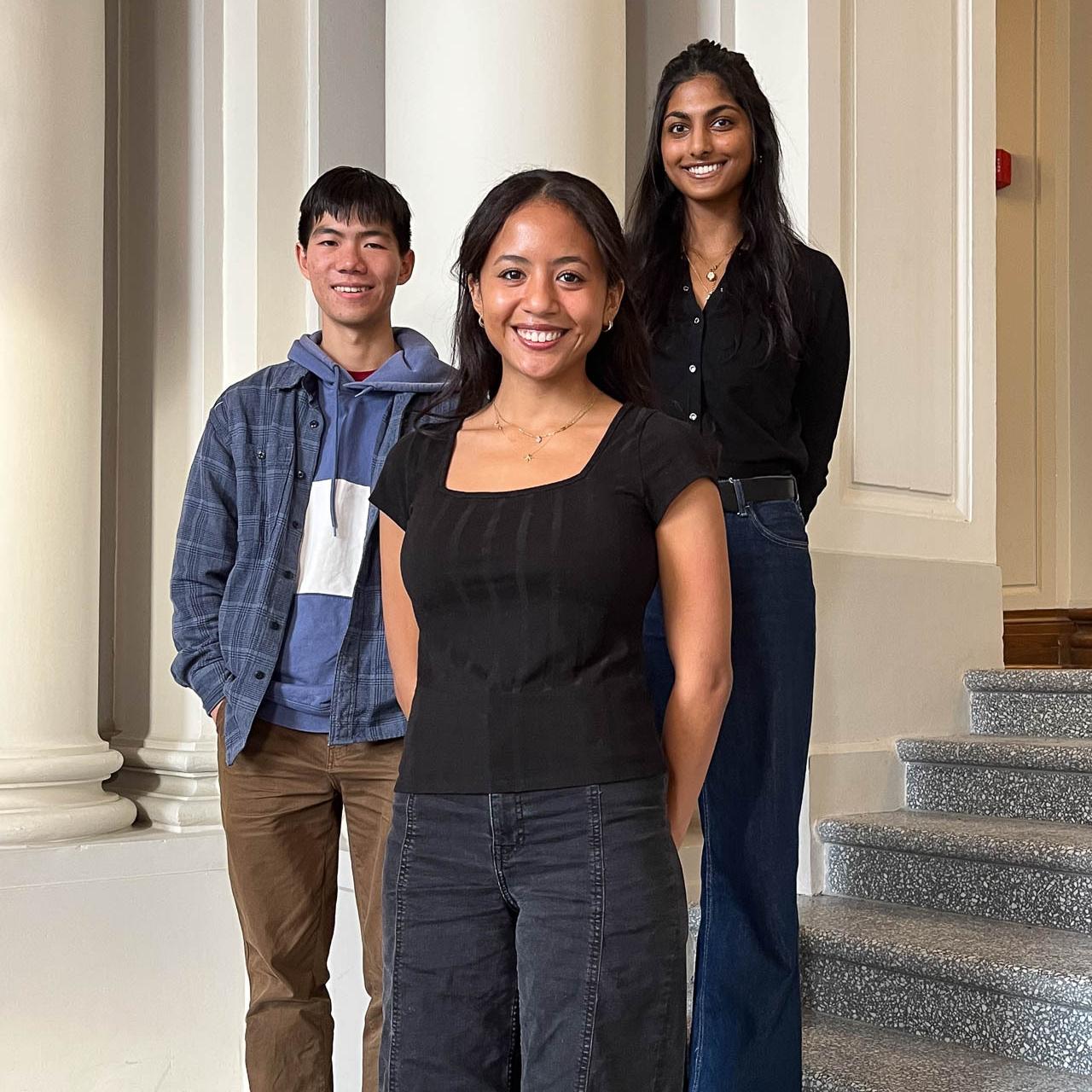
Celebrating the journey with our December A&S grads
December graduates walk the stage this month, so we sat down for a talk with three A&S grads who’ve taken different pathways through Cornell.
 Department Homepage
The College of Arts & Sciences
Department Homepage
The College of Arts & Sciences

December graduates walk the stage this month, so we sat down for a talk with three A&S grads who’ve taken different pathways through Cornell.
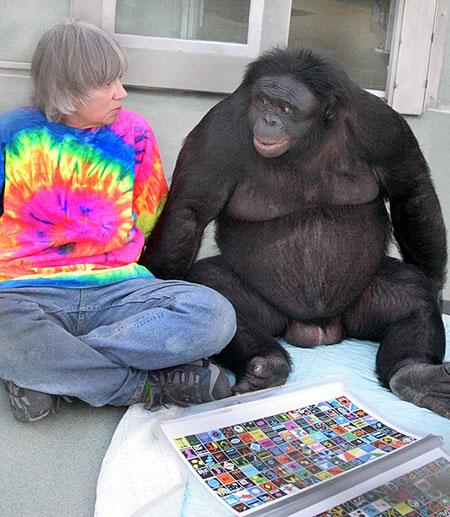
Kanzi's legacy and the relation between great apes and language will be explored in a Humanities Lab Workshop on April 19.
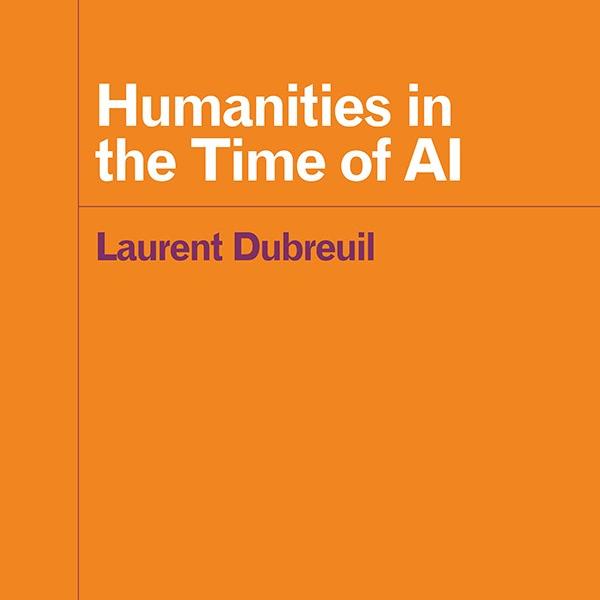

In his new book, “Humanities in the Time of AI,” professor Laurent Dubreuil argues that the arrival of AI may present an opportunity to “re-create scholarship.”

Our minds and the ways we tell stories are closely attuned, research shows, and scholar Fritz Breithaupt will explore how that connection works during a March visit as University Lecturer.
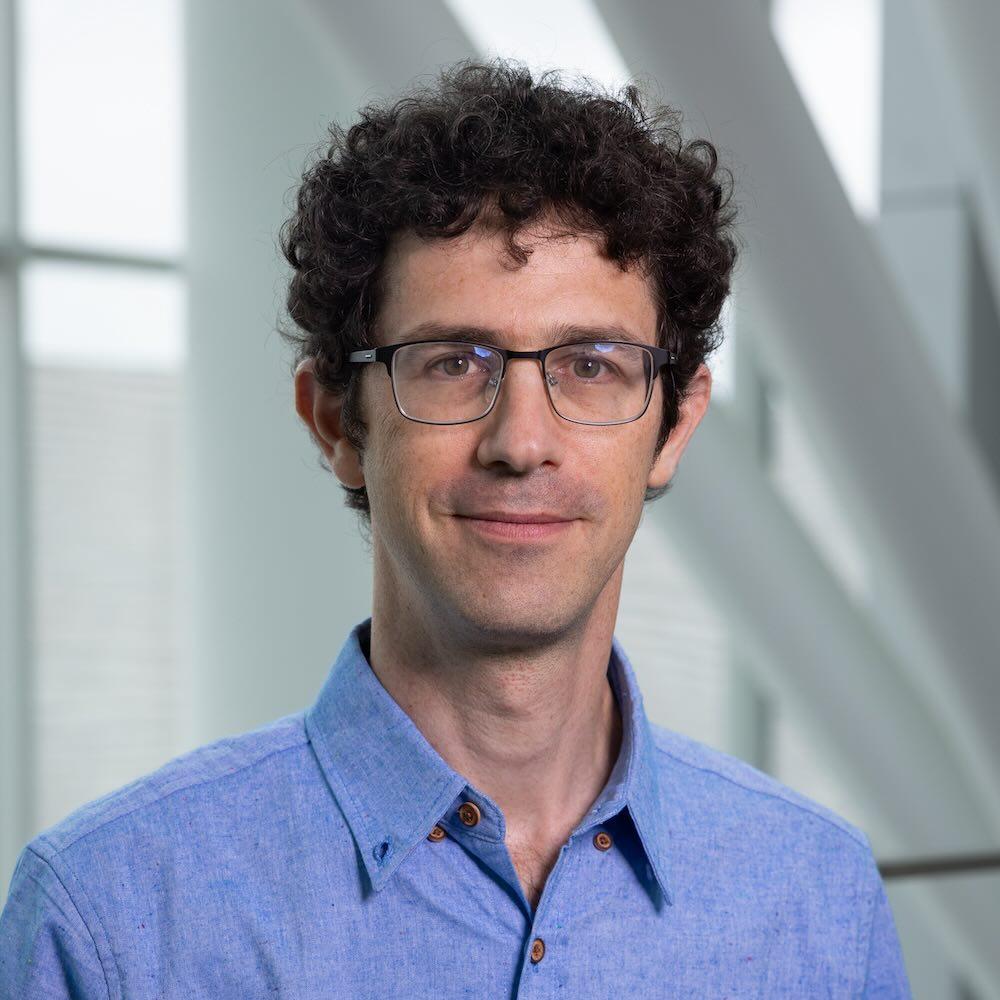
Nori Jacoby, Psychology
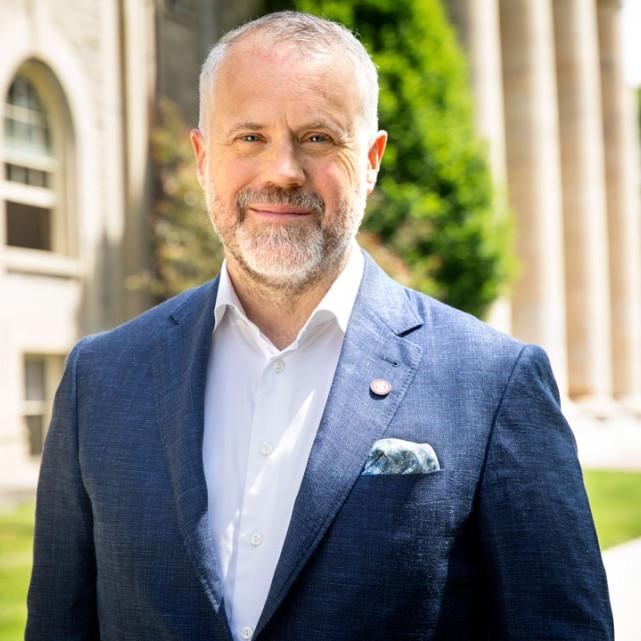

Coming from the University of Toronto, where he was the director of the Munk School of Global Affairs and Public Policy, Loewen began his five-year appointment as the Harold Tanner Dean of the College of Arts and Sciences Aug. 1.
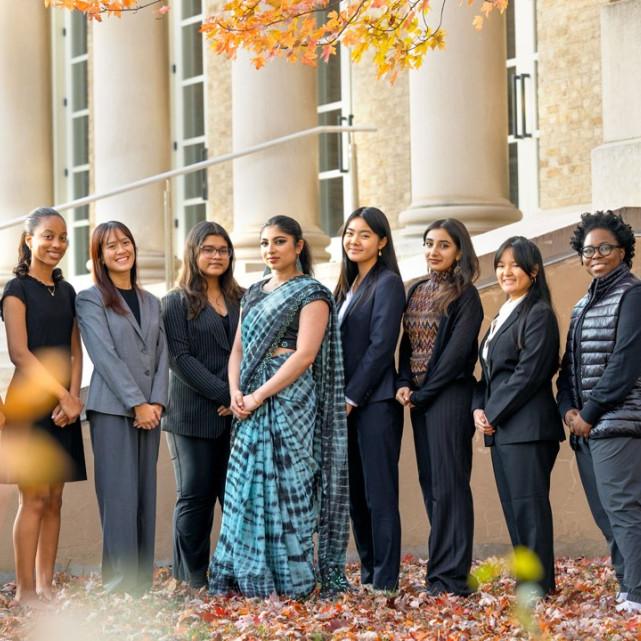

Women Leaders of Color at Cornell aims to increase representation of women of color in leadership positions across professions.
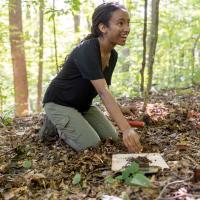
This summer, 101 students in the College of Arts and Sciences will take part in groundbreaking research on campus with 61 faculty as part of the Nexus Scholars Program.

The minor is distinctive in including courses from many disciplines, from across Cornell’s schools and colleges.

The program matches undergraduate students with summer opportunities to work side by side with faculty from across the College.

Shaun Nichols, professor of philosophy and director of the cognitive science major in the College of Arts and Sciences, compares high-minded philosophical systems to the ways people approach everyday problems. Like picking wild blueberries.
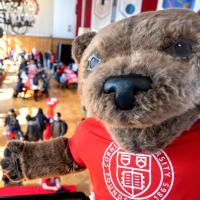
On Cornell’s eighth Giving Day, held March 16, 15,905 alumni, students, faculty, staff, parents and friends from more than 80 countries made gifts totaling a record-breaking $12,268,629.

Gifts allow the College to fulfill its mission: preparing students to do the greatest good in the world.

The major combines interests in philosophy, psychology, computer science, linguistics and neurobiology and behavior.
.jpg)
Morten H. Christiansen, William R. Kenan, Jr. Professor of Psychology in the College of Arts and Sciences, has been elected a foreign member of the Royal Danish Academy of Sciences and Letters.

The program connects undergraduates in A&S with opportunities to work side by side on research with Cornell faculty from across the College.
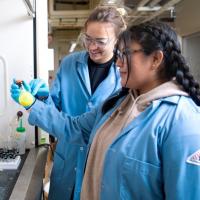
The Nexus Scholars program will leverage the student-to-faculty ratio and the vibrant research enterprise in A&S to expand opportunities for students, while also enhancing the culture of collaborative scholarship at Cornell.

The curriculum will offer students interdisciplinary engagement with moral psychology theory and research as well as hands-on experience applying moral psychology to practical ethical issues.
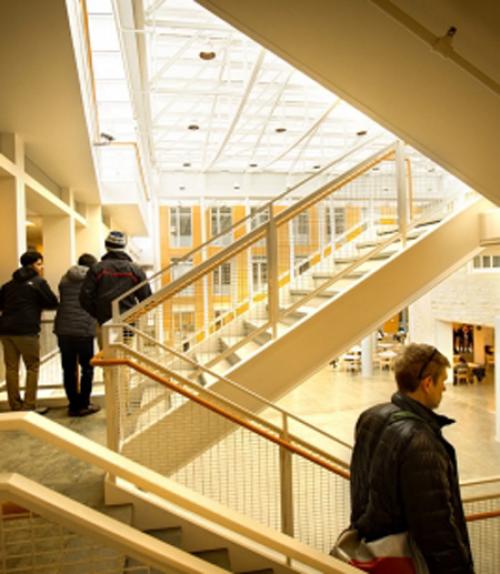
The three-year fellowships are available to early-career scholars conducting leading-edge research in any of the College’s discipline areas.

August 17-20, Cornell will host the 30th meeting of Semantics and Linguistic Theory (SALT), one of the world’s leading conferences on the scientific study of meaning in natural languages. Originally scheduled to take place on the Ithaca campus in April, the meeting will be held virtually.
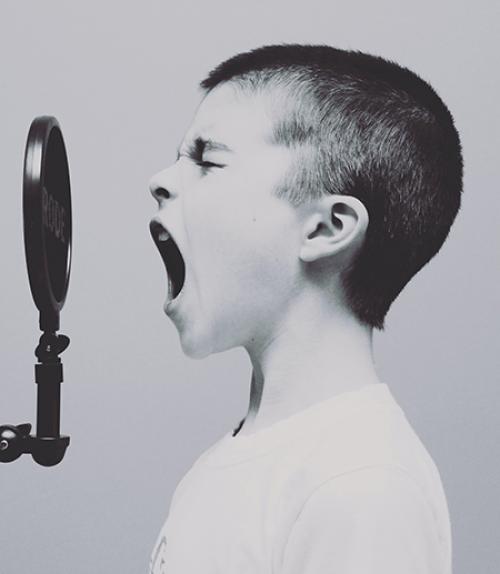
New research reveals that the sound of the word "virus" was likely to raise your blood pressure – even before “corona” was added to it.

The College of Arts & Sciences is gearing up for Giving Day on Thursday, March 12 and we hope you'll join in the fun!

This Curiosity Daily podcast series features Vivian Zayas, associate professor of psychology and director of the Personality, Attachment, and Control Laboratory at Cornell. In this episide, Zayas talks about her new research into the implicit attitudes people have in close relationships with others.
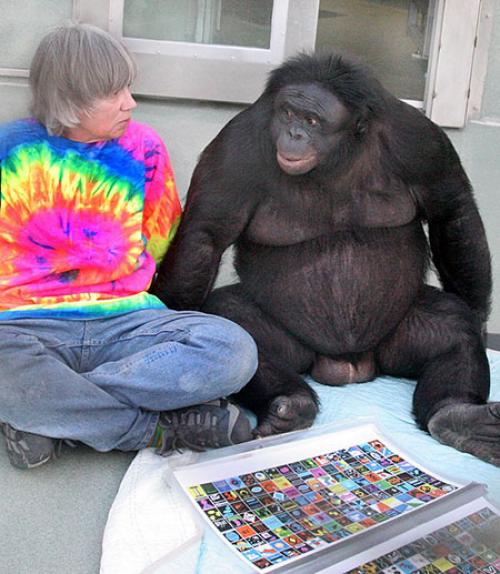
Philosopher Laurent Dubreuil and primatologist Sue Savage-Rumbaugh explore the theoretical and practical dimensions of being human.
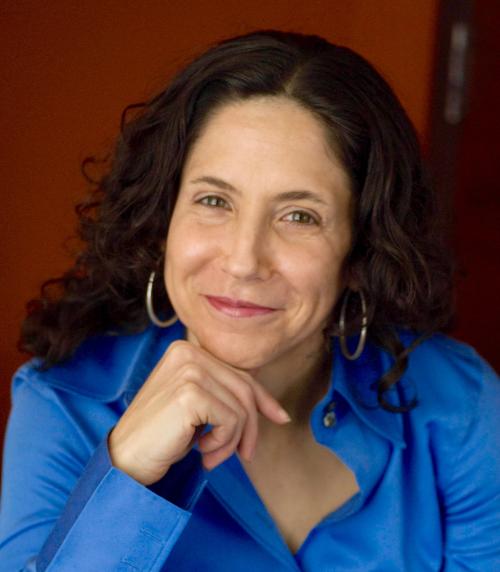
Vivian Zayas, associate professor of psychology, writes in this article in Newsweek with Yuichi Shoda, professor of psychology at the University of Washington, how thoughts and feelings people are not even aware of may shape their romantic relationships.
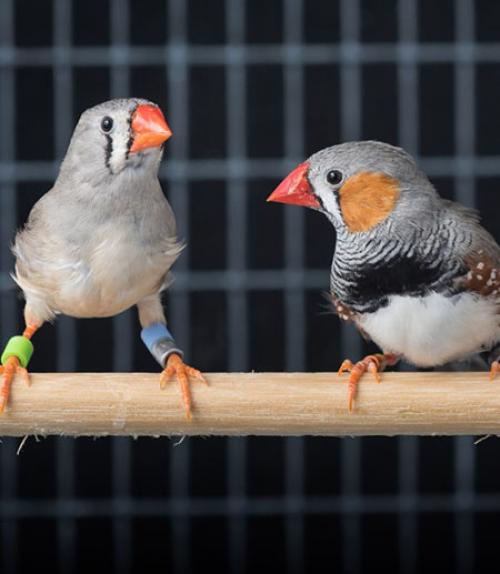
Animal models give us insight into how humans learn language, but it turns out a favorite research model has been entirely misunderstood.
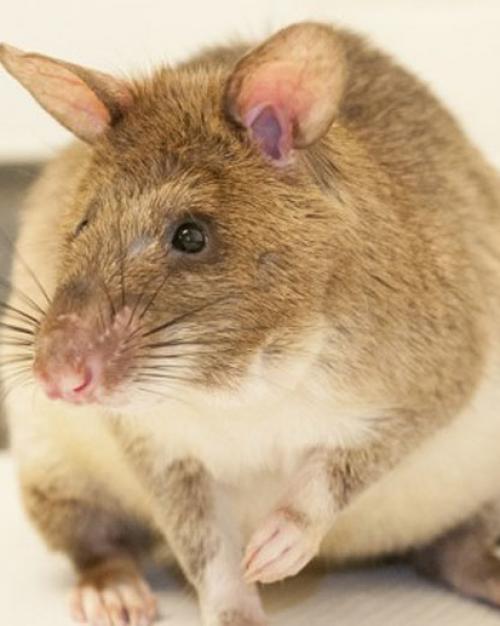
Thousands of people – many of them children – are hurt or killed by land mines each year, so finding these devices before they explode is critical.

When linguistics Ph.D. candidate Simone Harmath-de Lemos started studying the indigenous Bororo language of Brazil, she was excited to expand her knowledge of her own culture – she has relatives who were members of the Bororo community.
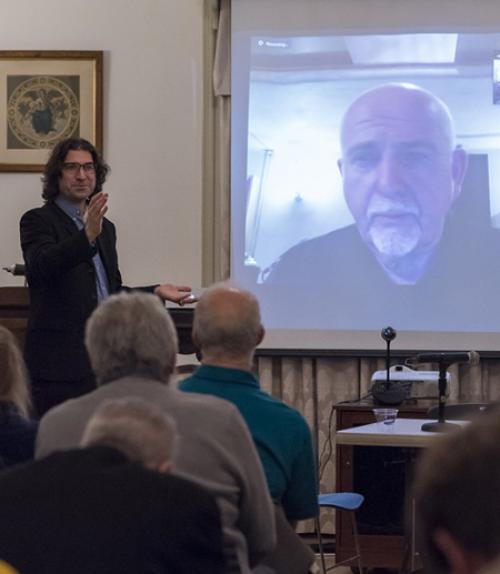
In the early 1980s, Peter Gabriel sang “Shock the Monkey.” But about 15 years ago, the English musician became more interested in jamming with apes instead.Bonobos, specifically.“I had always been fascinated to see how we might interact musically,” said Gabriel. “I was blown away at the obvious intelligence of the beings that I was sharing the space with.”
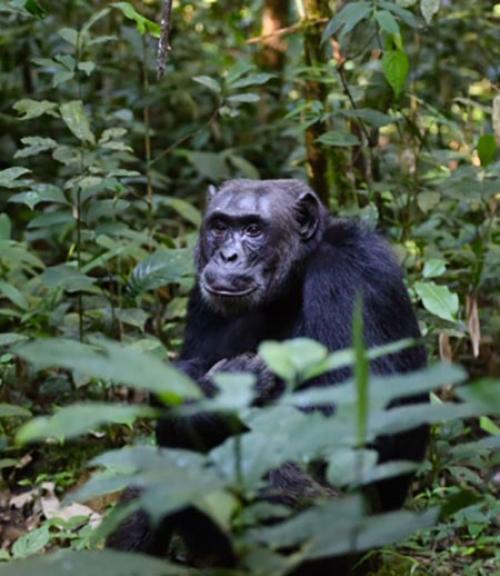
Humans share 98.8 percent of their DNA – as well as tool use and systems of communication – with bonobos and chimpanzees. Yet human activity threatens these “next of kin” great apes with extinction. In “Apes and Sustainability,” a forum on Nov. 15, activists, scholars, scientists and humanists will explore new perspectives on preserving nonhuman great apes in sustainable ways. The event will be held in the A.D. White House’s Guerlac Room 4:30-6:30 p.m., followed by a reception.
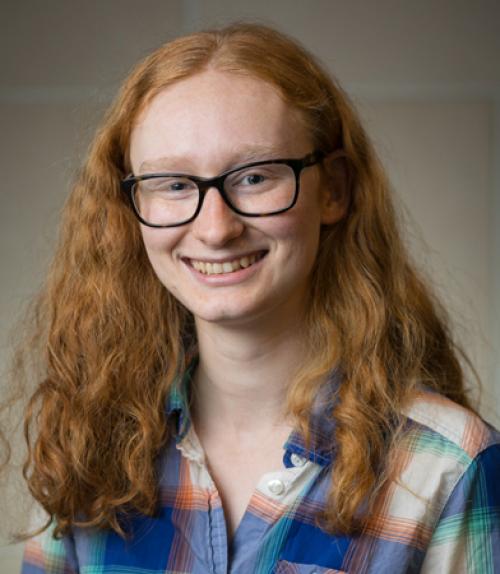
After taking a philosophy of mind seminar last year, Marlene Berke ‘19 began thinking about connecting her research to the philosophy of perception and epistemology. “This course familiarized me with the current philosophical discussion about cognitive influences on perception, providing philosophical motivation for my studies about whether what we remember and expect might ‘leak’ into perception.”
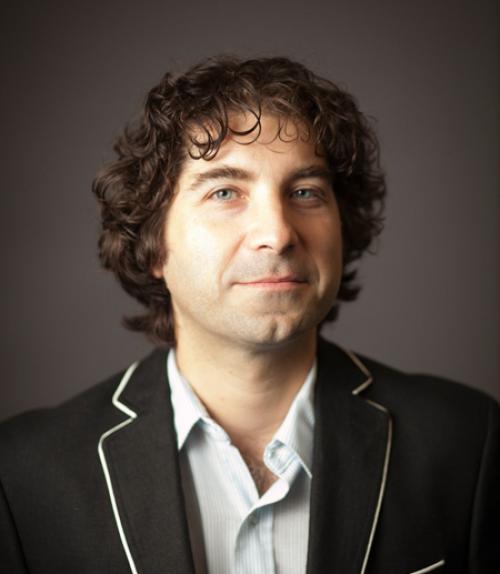
“What one cannot compute, one must poetize,” concludes a new interdisciplinary study of poetry.

“As the Nike slogan says: ‘Just do it.' Don’t wait around for inspiration," says psychology professor Tom Gilovich.

A hike in a spectacular Utah canyon got Shimon Edelman thinking: Humans crave novelty; boredom creates unhappiness. But if happiness is only possible through the pursuit of new experiences, what role does memory have?
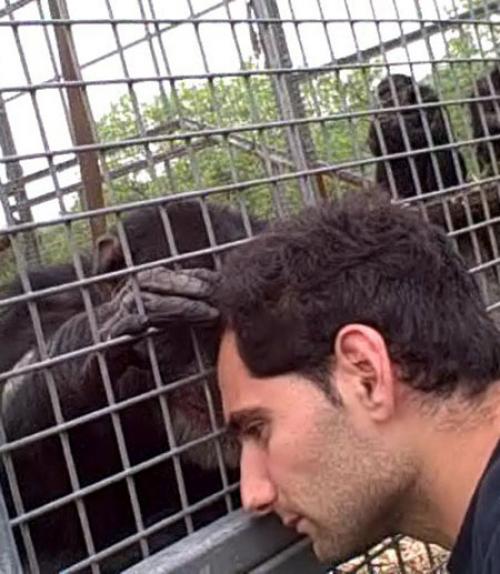
In a talk on “Gestural Communication and Pantomime in Great Apes” March 6 in Cornell's Goldwin Smith Hall, evolutionary anthropologist Itai Roffman from the University of Haifa and three Cornell faculty respondents explored the implications of the latest findings on primate culture and communication.

Languages have an intriguing paradox. Languages with lots of speakers, such as English and Mandarin, have large vocabularies with relatively simple grammar. Yet the opposite is also true: Languages with fewer speakers have fewer words but complex grammars.Why does the size of a population of speakers have opposite effects on vocabulary and grammar?
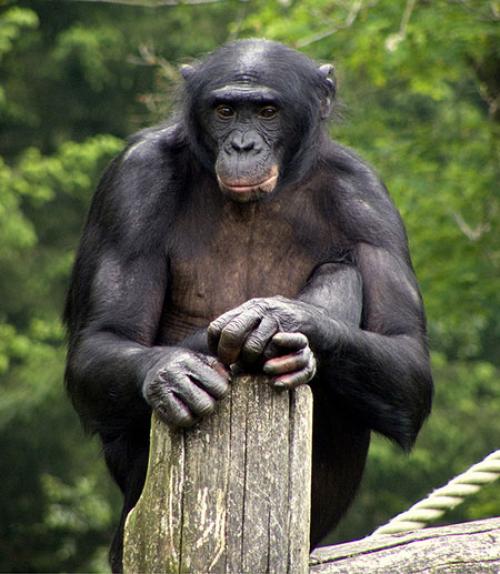
The newest episode of the “What Makes Us Human?” podcast features Laurent Dubreuil, professor of Romance studies, comparative literature and cognitive science.
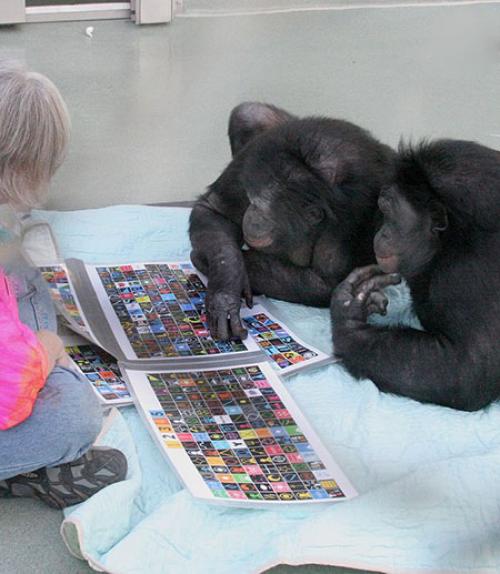
“Our goal is to open up a new space for intense conversation between humanists, social scientists, and scientists.”

On Oct. 20-21, Cornell will host a trans-disciplinary workshop on apes, language and communication, “The Eloquence of the Apes,” featuring renowned primatologist Sue Savage-Rumbaugh and Cornell researchers across multiple disciplines.

Morten Christiansen, professor of psychology, was recently elected as a Society Fellow by the Cognitive Science Society.
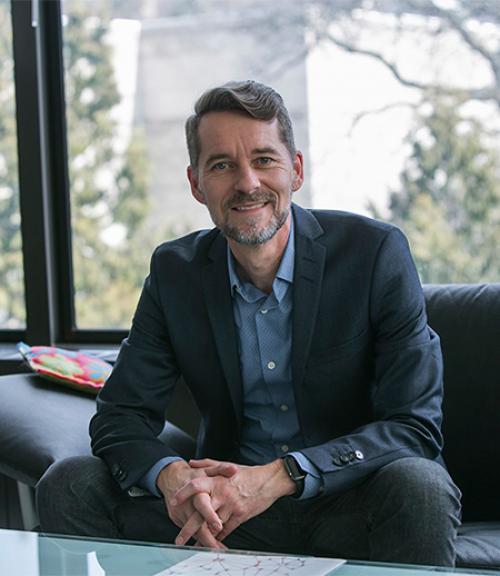
In a new opinion piece in a major publication, Morten Christiansen, professor of psychology, describes how the study of language has fragmented into many highly-specialized areas of study that tend not to talk to each other. He calls for a new era of integration in the paper, published July 31 in Nature Human Behaviour.
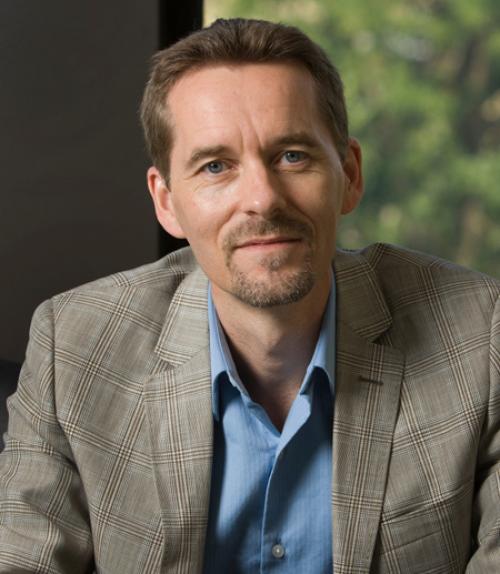
A hallmark of human language is our ability to produce and understand an infinite number of different sentences. This unique open-ended productivity is normally explained in terms of “structural reuse”; sentences are constructed from reusable parts such as phrases. But how languages come to be composed of reusable parts in the first place is a question that has long puzzled researchers in the language sciences
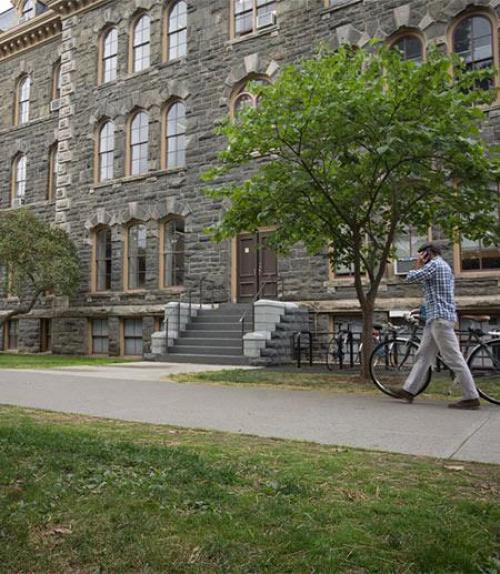
Cornell will host the Conference in Laboratory Phonology (LabPhon 15), an international meeting for researchers taking experimental approaches to the study of human speech sounds, July 13-17.The conference theme, “Speech Dynamics and Phonological Representation,” will address sounds in human language as part of a linguistic, cognitive and communicative system.
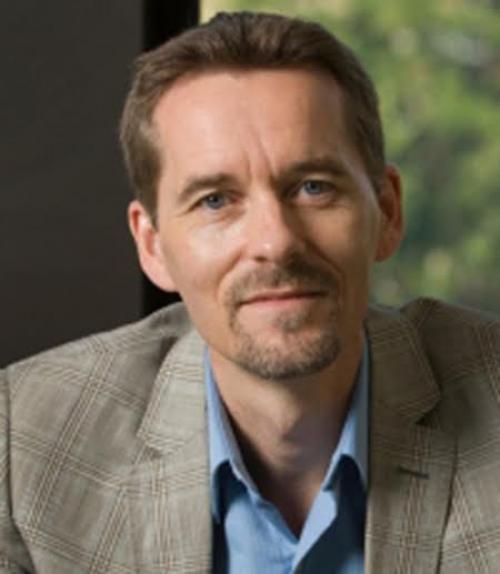
We are constantly bombarded with linguistic input, but our brains are unable to remember long strings of linguistic information. How does the brain make sense of this ongoing deluge of sound?

Is language innate? How did we get language? While researchers continue to debate, a new book offers a revolutionary, unifying framework for understanding the processing, acquisition and evolution of language. The book, “Creating Language: Integrating Evolution, Acquisition, and Processing” by Cornell Professor of Psychology Morten H.
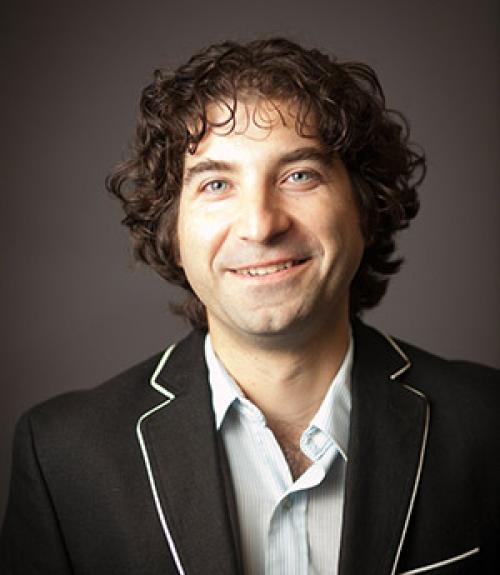
A new book tackles questions of thought and meaning.